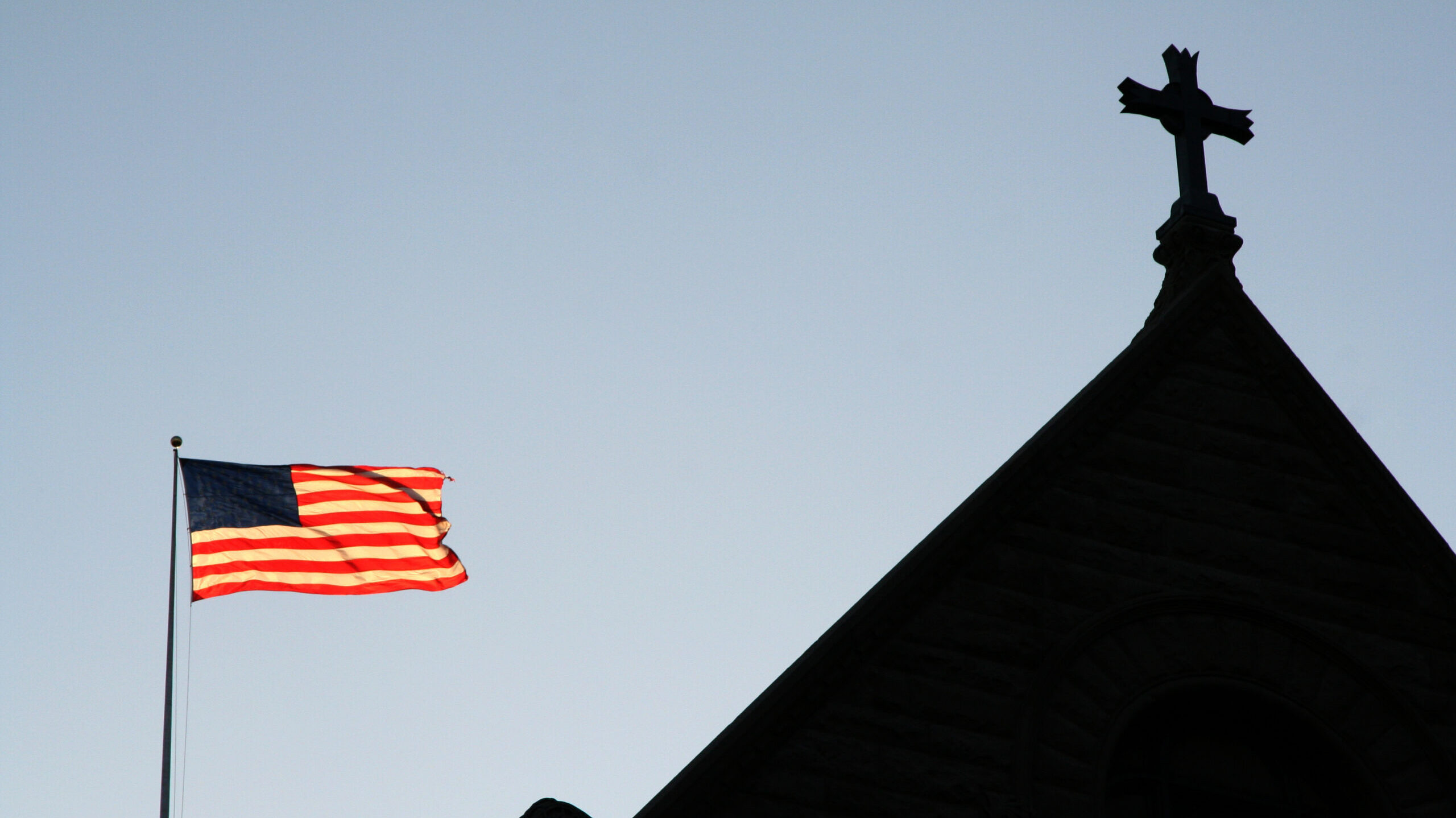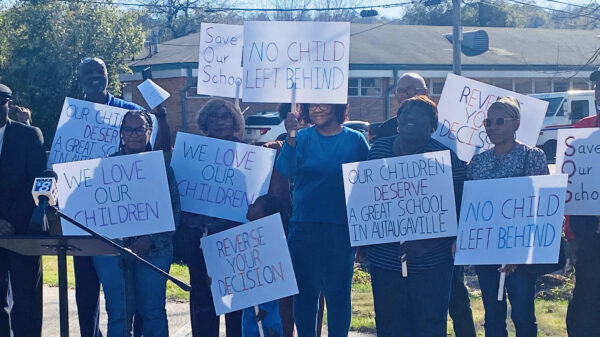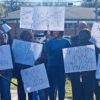|
Getting your Trinity Audio player ready...
|
Members of the Alabama Legislature, along with lawmakers in other states, have proposed bills to reintroduce religion into public schools, believing that these measures will address society’s perceived “ills.” This issue is not new; it resurfaces every few years at the state and national levels, dating back to the first years of the 19th century. Supporters of these beliefs have occasionally succeeded, but overall, they have encountered more setbacks. Their arguments reflect a distorted understanding of history, clashing with the Founding Fathers’ intentions to maintain a wall between church and state.
The first American colonies were religiously based and governed by church leaders. These early settlers fled Britain for “Religious Freedom” but persecuted those of differing beliefs. This governance model did not last long, as increasing waves of immigrants of multiple faiths arrived, primarily seeking economic opportunity and unwilling to accept a subordinate status under someone else’s faith before and after the Revolution.
The refugees of the early 17th century were not paragons of virtue, and their treatment of the ‘uncivilized’ Indigenous peoples, without whose help they would not have survived the inaugural winter, demonstrated little appreciation for the assistance provided to them. They had Irish slaves beginning in 1625 and/or indentured servants before 1620. Although there is a dispute among historians regarding the Irish slaves, there is documentation supporting their existence. According to an Edict by King James I, the transported Irish were to be oppressed, and there were no regulations regarding the treatment of the indentured, and there were reports that they were often treated as slaves.
The architects of the Constitution and the Bill of Rights were highly educated individuals shaped by Enlightenment ideals. They were acutely aware of the destructive outcomes of intertwining religion and politics, as occurred in Europe. Their efforts to safeguard the United States from repeating these mistakes were deliberate and robust. Many of these men held beliefs ranging from agnosticism to deism, and while they attended various church services, they did not favor any particular denomination.
The United States was not evolving into the “shining city on a hill” that some Christians of that time envisioned. Instead, they manipulated the Founders’ words to support the fallacy that this country was established as a Christian nation that had deviated from its proper path. Over two centuries later, these flawed arguments have persisted despite abundant evidence contradicting their claims and multiple federal court rulings affirming the principle of separation of church and state.
That the Constitution acknowledges a deity is indisputable. The authors found it customary to reference a Supreme Being without ascribing to any specific characterization. Nowhere, however, is a particular theology mentioned in the founding document. Furthermore, a sentence in the version of the Treaty with the Barbary States (1796-7) asserts that the United States was not conceived as a Christian nation. The U.S. Congress approved the wording and effectively nullified any claim to the contrary.
Significant issues exist with the proposals of those seeking to “save” us. The first is the question of whose prayer and which version of the Bible will be used. There are over 80 approved renderings that contain minor and significant variations, and the modern texts bear limited resemblance to the original form that consisted of single words, some lacking modern equivalents, a few phrases, no punctuation, and was translated through several languages, each of which introduced its complexities and potential inaccuracies. Additional revisions, such as those made by King James, were based on personal belief, raising questions about the reliability of this version’s various renderings that are derivatives.
Any selected prayer or Bible will inevitably be inappropriate or even heretical for children of differing faiths or no faith at all. Forcing children to participate in such practices can instigate more problems than they aim to solve. Allowing some children to opt out or leave the room will undoubtedly create tension with peers and adults, while coercing them to take part could lead to conflicts with parents and faith leaders and might impact their mental health. Efforts to create neutral, all-inclusive prayers have historically fallen short, often leaving everyone, regardless of faith, dissatisfied.
Another issue lies in the presumption that a mere minute of prayer and a few biblical verses delivered five times a week can address the moral failings perceived by proponents of this movement, many of whom have the same deficiencies. This notion stems from a nostalgic idealization of a supposedly pure early society. This vision glosses over the realities of religiosity in the colonies and early states, as most of the populace was unchurched and taverns drew larger Sunday crowds than churches.
The individuals who advocate school prayer would have greater credibility if they practiced the righteous behaviors they desire others to exhibit. Too often, we hear of pastors or other church officials or those who loudly profess their Christian faith, committing various infractions of the basic rules of their faith. The argument that “Christians are imperfect but forgiven” has been overused by those who repeat further offenses. It is well established that demonstrating proper behavior is the most effective means of influencing behavior change in others.
In conclusion, rather than attempting to solve societal problems by imposing religious practices in our schools, these individuals could effect more significant change by following what they preach. It is time for them to accept the philosophy on which this nation was founded, where church and state remain separate. This would allow for a pluralistic society that honors our nation’s rich tapestry of faith and philosophy.





















































